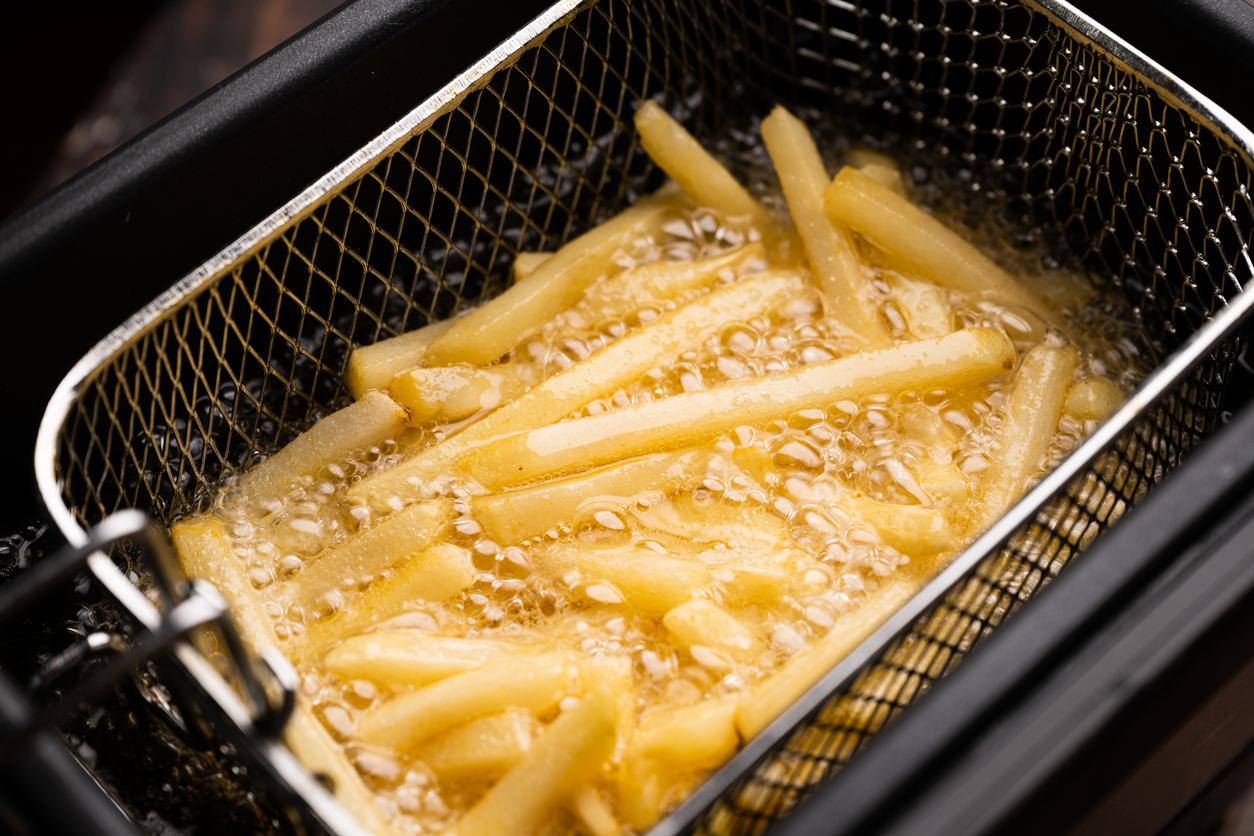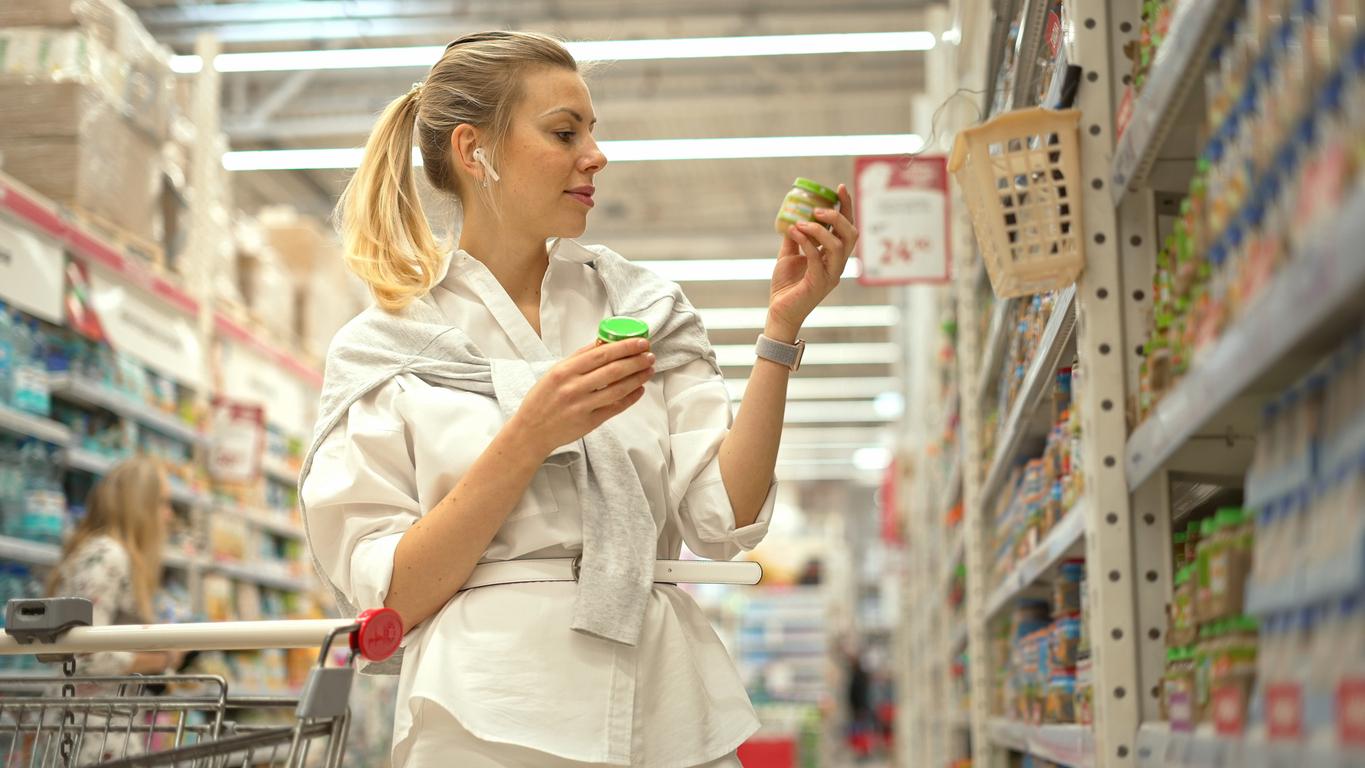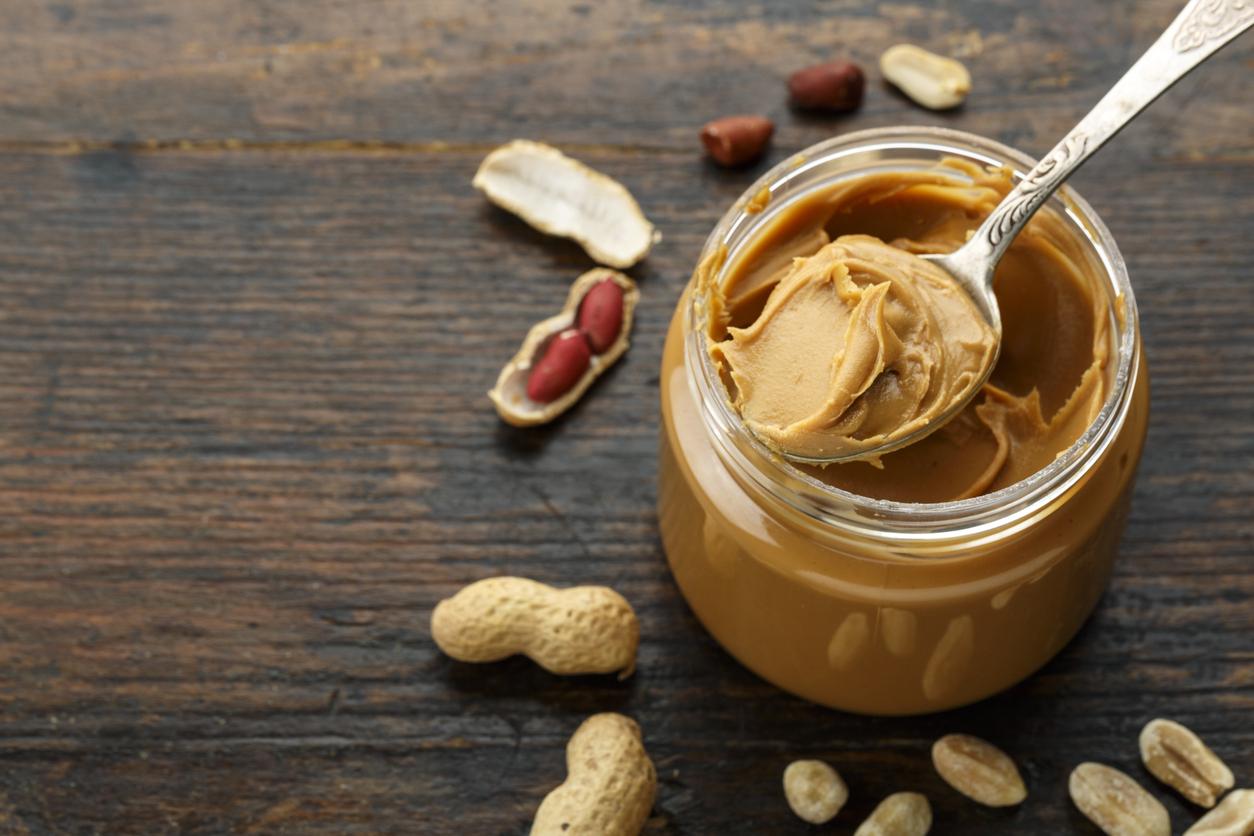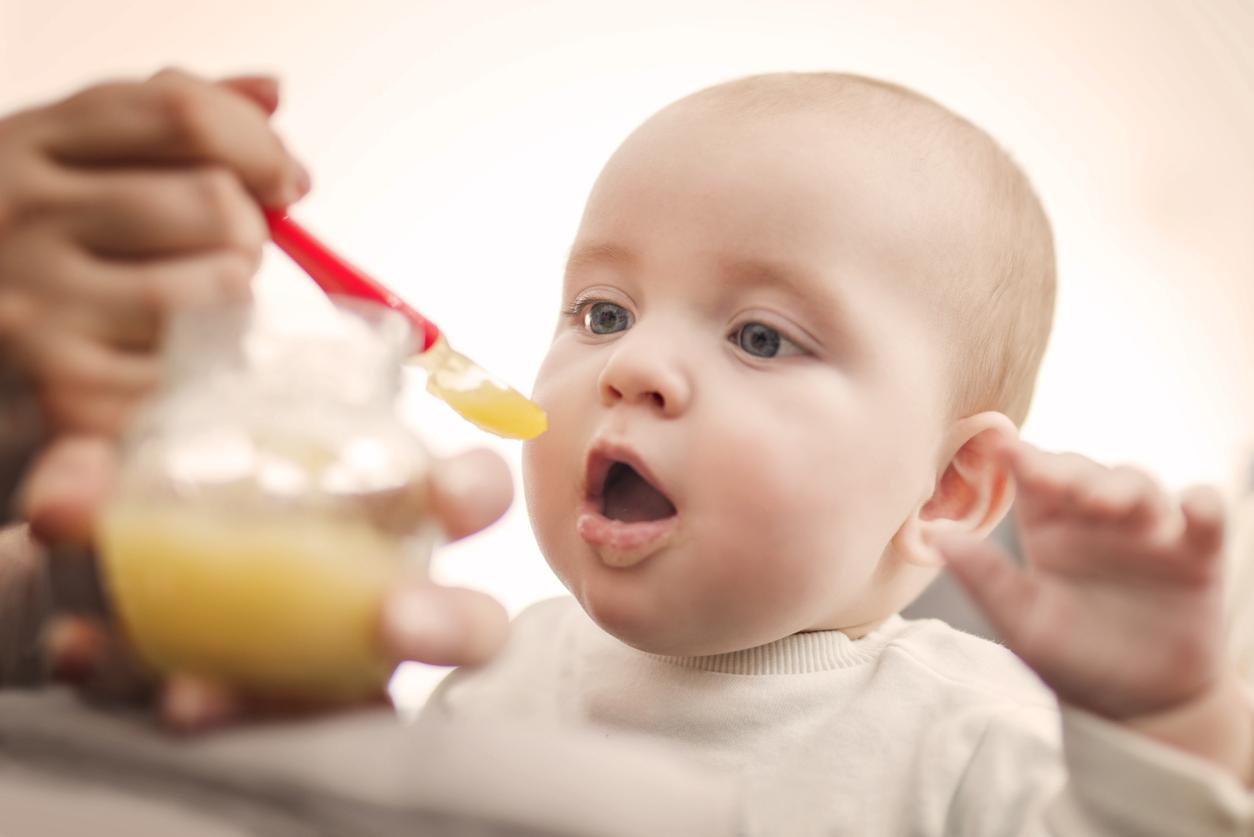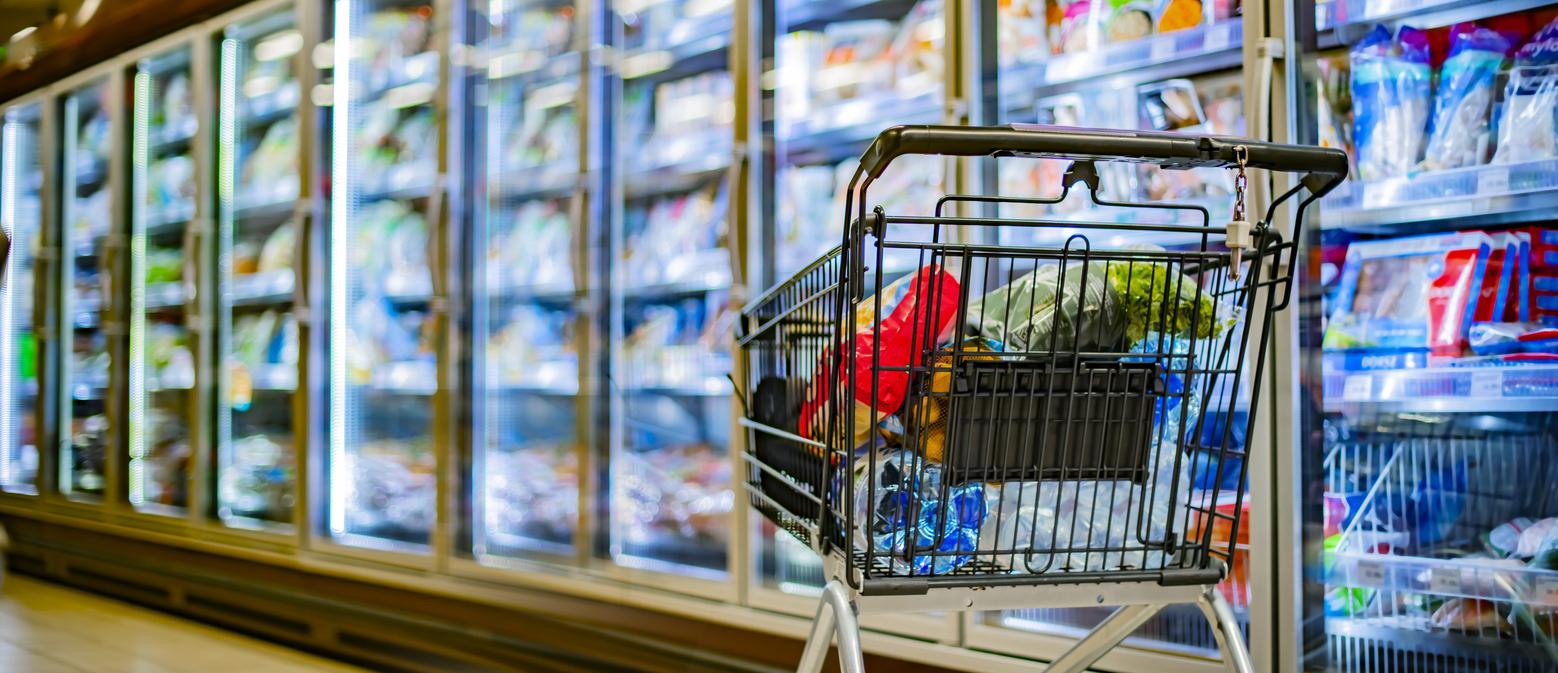They all swear it hand on heart: consumer safety is our priority. But in reality, do food manufacturers always respect their commitments? No need to count on the European Commission to answer the question. It is very often the non-governmental organizations that do this. They have just taken big brands by hand in the packet of biscuits.
“According to an independent analysis of 25 biscuits for young children marketed in France, acrylamide, classified as a probable carcinogen by the WHO, was found at a concentration of 226.1 micrograms per kg in the “P’tit Biscuit crunchy and melting texture “of the Nestlé brand”, reports a dispatch from Agence France-Presse relayed by your daily newspapers. However, the recommended value at European level is 200 micrograms, recall Changing Markets, the environmental NGO WECF and the consumer gathering SumOfUs.
Two other marks are close to the maximum threshold. The organic biscuits “My 1ers Biscuits Orange” from Picot, a brand of the Lactalis group, (198.3 micrograms) and the “junior biscuits with chocolate chips” from the Carrefour brand (192 micrograms).
“Acrylamide,” explains the European Food Safety Authority (EFSA), “is a chemical that forms naturally in starchy foods during high-temperature cooking processes, including frying, baking, baking, roasting but also industrial processing at over 120°C and low humidity”. It is this chemical mechanism that imparts a golden color to foods and gives them their flavor, adds this instance.
Faced with these results, Nestlé France admits “its great surprise” given the analyzes and controls carried out internally.
The NGOs, they suggest that the new protocols of the European Commission introduce binding limits in the manufacture of products, in particular those intended for children. A Commission vote is due in March on this. But it does not seem that the Member States will impose the slightest constraint on manufacturers.









